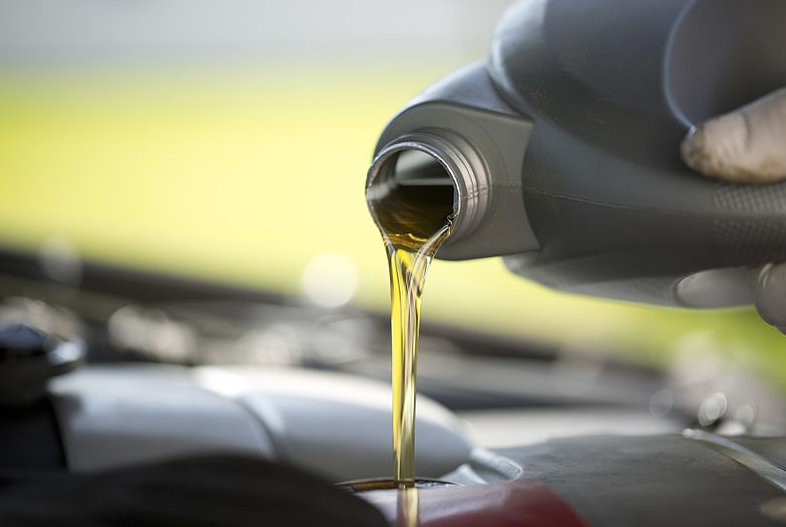
According the society of automotive engineers, the different types of car engine oil have different grades. The oils are graded according to their different characteristics in terms of viscosity.
This viscosity determines how the oil reacts to different temperatures within the car’s engine. So, how will you know which oil viscosity you’re buying according to their different grades. Simply check the oil container. The grades are well written and easy to spot.
Types of car engine oil grades.
Considering the impact that insufficient oil has on the engine, it’s important to choose the right oil. For you to do so, you need to understand the engine oil grades. For this to be possible, you will need to understand the code being used. For example, 13W-30
- W- here stands for winter weather. So that oil will react during cold weather. The number Infront is a viscosity parameter.
- The lower the number Infront of the W the better the oil flows under cold conditions. For example, 10W-30 will flow better in winter than a 13W-30.
- The -30 part shows how well the oil flows in normal conditions. In this case, the lower the number the better. For example, 13W-20 will flow better than 13W-40.
0W-20.
The viscosity of this type of engine oil is relatively high even during cold weather. Alternatively, you can describe this oil as very thin or highly viscous. Simply because the oil viscosity is zero when the engine is off. But once it starts and reaches normal operation temperature the viscosity is at 20.
0W-30.
The only thing that changes with this type of oil is when the engine reaches operation temperature. During engine start, the viscosity is at 0 but during operation temperature it’s 30. Meaning that it’s viscosity is lower than the above mentioned oil.
0W-40.
This oil is a little more viscous during normal engine operation temperature. But it’s has zero weight during the engine’s start.
5W-30.
This type of oil has a lower viscosity during engine operating temperature. Contrary to that, this type of oil usually has more weight that those mentioned above when the engine hasn’t started.
5W-40.
This engine’s oil is more viscous during engine operating temperature. Because the viscosity is rated at 40 during operation and it’s at 5 when the engine is cold.
10W-40.
This has to be the engine oil that carries the most viscosity when the engine is off. While at normal Temperature, the oil is usually rated as 40 viscosity.
Types of car engine oils.
1. Full Synthetic engine Oil.
It’s one of the most effective oil in terms of service. That means if there is no oil leakage, it is one of those oils that can serve for a longer time than the others. That’s because it consists of the newest oil technology within the market.
It undergoes laboratory treatment that brakes the mineral oil into basic molecular components. Throughout this process, oil impurities found in mineral oil are removed completely. Maybe I hadn’t mentioned it but full Synthetic engine oil is made from mineral oil.
This oil’s viscosity is very standard no matter whether the car engine is operating at normal temperature or it’s cold. In fact, if there is no damage to the involved parts, it’s hard to find a reason for this oil to leak.
2. Semi Synthetic engine oil.
This type of car engine oil strikes a balance between the full Synthetic oil and the mineral oil. In fact, adding this new oil to old oil in your engine when it’s low is advisable. But don’t skip an oil changes when the set mileage is achieved.
It’s made through mixing full synthetic oil with mineral oil. This gives it very unique properties. In fact its a balance between the full synthetic oil price and mineral oil performance. This gives the oil better viscosity, performance and resistance to wear and tear.
Mineral engine oil.
Mineral oil is refined petroleum and represents the beginning of the engine oils revolution. The thing is, this refined petroleum goes through a chemical enhancement process to adjust their viscosity. Hence creating mineral engine oil.
Though it’s not very popular, mineral oil is preferably usable in older engines than new ones. Reason being that it has low lubrication capacity and it’s very thick under low temperatures and when the engine is off.




